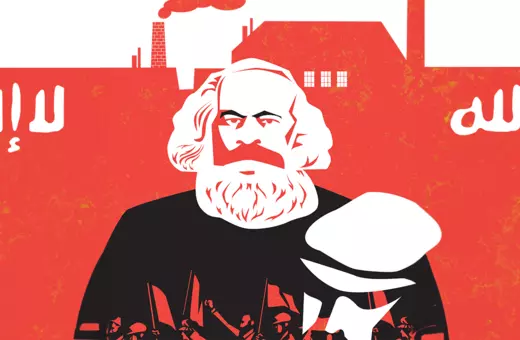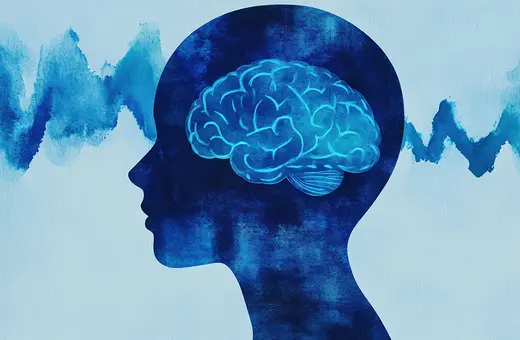With a year of elections and the rise of populist parties across Europe, politics appears to be changing fast. But some things always remain the same. Anthropology can give us insights into how to manage our evolved psychology to avoid polarization and extreme ideologies. Harvey Whitehouse argues that we need to harness the inheritance of our evolutionary history more wisely, to produce leaders capable of increasing human flourishing rather than dividing and exploiting us.
As we look back on 14 years of Tory misrule, we must consider the role of leadership in the incoming Labour government. The Tory party which we once associated with fiscal responsibility has played havoc with the economy. The people we once thought cared about Britain’s standing in the world have weakened our voice in Europe and the world. How we now treat the poor and destitute is a blight on our national character. However, turning things around will require more effective leadership. Now that Starmer no longer leads a party in opposition, we need him to become a different kind of leader.
But where should Starmer look for inspiration? Contemporary pundits may wish to point you in the direction of Thatcher or Blair who also experienced landside victories. Or they might point to models our grandparents admired: Churchill our war leader or Attlee who presided over the creation of our welfare state. But as an anthropologist, I would argue that such comparisons are very superficial. We need to look deeper into our evolutionary past.
For nearly four decades, I have been studying the evolved psychology of leadership and followership and the ways in which this has been harnessed and extended over thousands of years of world history. In my new book – Inheritance: the evolutionary origins of the modern world – I describe innumerable experiments my colleagues and I have conducted, cross-cultural surveys we have carried out, fieldwork we have undertaken, and vast databases we have constructed and analysed. Based on all this research, I humbly offer him the following advice.
There are basically two kinds of leaders: big men and chiefs.
___
Every big man is therefore doomed to be usurped by another big man who must create a faction of his own.
___
Big men (and historically they have usually been men but of course they could also be women) are largely self-made. They fight their way to the top by persuading people to get behind them. In return for the support and loyalty of their factions, big men offer in return protection and resources. But they are also statesmen who manage the group’s relationship with outsiders – including the leaders of potentially hostile groups. The success of such leaders depends on striking the right balance between internal popularity and external renown. The more the big man pours resources into wars and alliances, the more his faction will be exploited. But the more he prioritizes the faction, the weaker will be his position as a statesman.






















Join the conversation